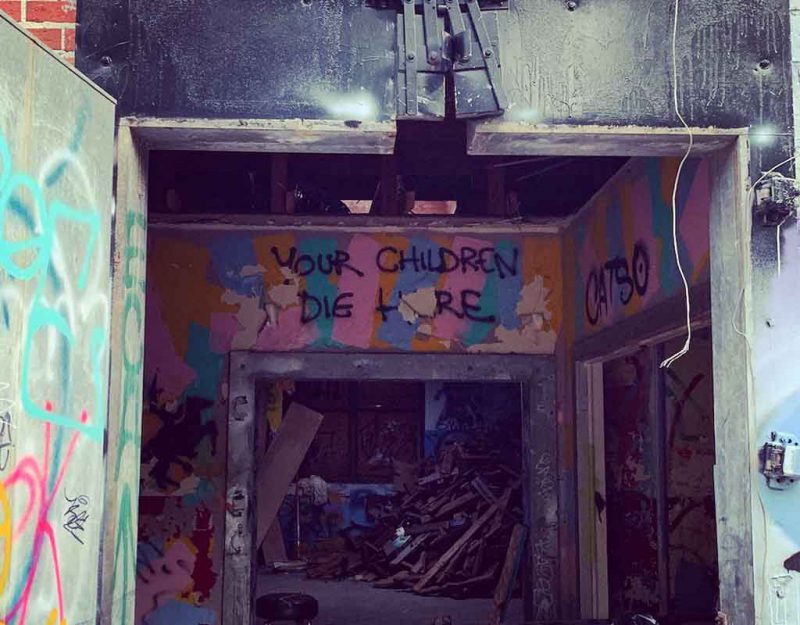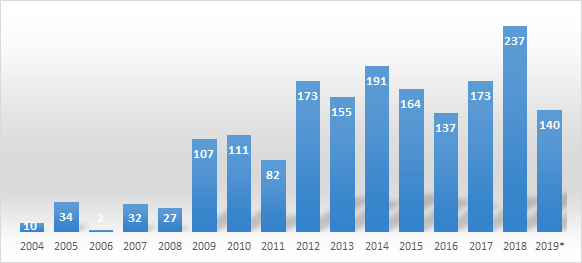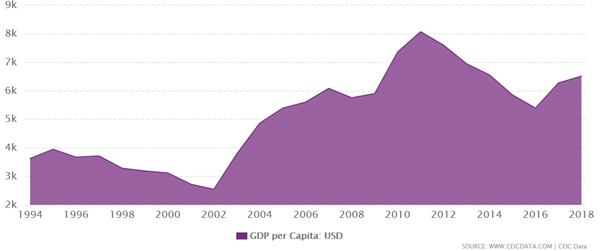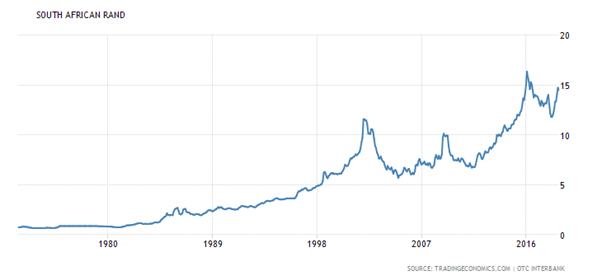South Africa Reached Its Endgame In 2012
The Real South Africa (RSA) was finally born in 2012 when the state entered its final stage. For years it had been in descent, owing to its fundamental division along racial lines, but with the total dominance of the diversity state, it descended fully to third world levels.
The recent 2019 South African Crime Report by the Minister of Police routinely used the same narrative framing as before i.e. “we will do better next time” and “there is a glimmer of hope” but this time it was also mixed with the typical African forceful assurances that “Nobody will be Sacked” despite substantial murderous increases in a country already known as the murder and rape capital of the world.
The key person in this story is Minister of Police Bheki Cele himself for a number of reasons:
- He is apparently a Zulu who married a Xhosa girl (but is also an elected ANC cadre)
- He was fired by Zuma June 2012 just before the Marikana Police Massacre of the same year.
- He did not like the Gupta State Capture via Zuma.
- His efforts to address Mining Hostel Zulu dwellers in Johannesburg were foiled by the Zulu King.
This labor union leader and loyal political party cadre initially supported the ANC political leader, but became disenchanted for some reason and now supports what it sees as the “next” leader in Cyril Ramaphosa. Knowledge of his exposure to both Zulu and Xhosa orientations illuminate to a large degree what happened to South African society. As he pointed out in his recent 2019 Crime Report, “we need to find out what happened in 2012”.
He intuitively made that remark publicly because of the country’s murder statistics increasing since 2012. What is interesting though and also the reason he was brought back into police leadership, is that crime reduced slowly during his previous tenure (before 2012). This means that he really would like to know what went wrong with the murder statistics during his absence (not that he was really absent just like his new boss also was not “absent” while being the Deputy President of the country).
From 2007 to 2012, total homicides reduced from 49,927 to 30,284 per year. In 2019 total homicides equaled 40,002. The total homicides in the Real South Africa from 1994 to 2019 averaged at 45,496. These numbers are close enough to be used for argument, although not all of the bodies have been found, so actual numbers may be higher!
The cultural shocker in the Real South Africa is that these statistics are not important, which is why nothing is really being done about it. Rising crime simply incentivizes the Minister of Police to do nothing but ask for more funds and a bigger police force, where he is already saying that there is no need for Military Assistance with the Afrophobic attacks currently sweeping the country.
The important culture/tradition in the new Real South Africa is the five-yearly election of the TOP-6 (and other) cadres in the ANC political party. This “real election” takes place two years before each of the country’s national elections, generally referred to (for Western consumption) as “Democratic elections”. For the sake of brevity, the cultural “shift” away from overbearing neoliberal Western politics as usual, happened in 2007 when the Xhosa Nostra was replaced by Zulu dominance. This was of course a massive shock to the extent that a backlash became inevitable.
The 52nd National Conference of the African National Congress occurred in 2007 leading to Mbeki being “recalled” while Zulu oriented Zuma assumed Party leadership. This event was described as a watershed moment for the Party where “moderate” leaders such as Mandela and Mbeki was replaced with a more “populist” ensemble.
The 53rd National Conference of the African national Congress occurred in 2012 and resulted in the re-election of Zulu Dominance or as Westerners wrongly referred to as “Populists”. The success of these re-elected incumbents was questioned 5 years later by a black journalist in a liberal newspaper when he wrote:
Under this NEC, the ANC government has shirked its duties to a point that the courts have literally been running this country on all fronts.
The idea that courts are “running the country” was a deliberate Zuma strategy to keep people busy because he established his own loyalists in those justice oriented positions, such as pro-actively firing Bheki Cele before the 2012 Congress and appointing his own candidate as Minister of Police in a protracted process that lasted roughly a year. He obviously expected a lot of resistance and therefore required the law to be under his control in order to prevent a Xhosa Nostra back lash aided by neoliberal elements (including the Mainstream Media).
In a sense Zuma was another example of the Western emergence of far-right populism (where he was actually supported by said white alternative right commentators), meaning he could potentially get along with Trump. Unfortunately his vices led him to fall back on acquaintances he acquired while being an actual Communist oriented terrorist, thinking that they still had the same ideas.
Therefore, he pursued his own dreams of the past and just like Mugabe, he built his dream house using Government funds (what else). He also learned from his predecessor that “commissions” received from foreign procurement deals can be very profitable for his Party (and for himself of course) so he embarked on a R100 billion Nuclear Power Station deal with Putin knowing that some “reward” for past subversive collaboration would be welcomed.
But what became clear eventually, was that Zuma did not just “drop the ball” accidentally, he did it on purpose. After all, carrying the Western Neoliberal ball does not make sense once the country belongs to your tribe. E.g. the requirement for power stations would only be valid if the designs of the current coal-fired power stations could be undermined, in effect, if the national supplier of electricity was sabotaged in a managerial sense. This resulted in rolling black-outs and massive tariff increases while the current build programs can still not be completed. That Zambia, Lesotho, Swaziland, Mozambique, Namibia and Zimbabwe also depend on South African electricity supply was of no concern to Zuma.
However, western talking appoints aside, the important driver for Zuma was to remain in power. To achieve this he resorted to the “mobilization” technique used by the ANC from before 1994. Essentially this involves the unions to rouse the rabble by getting them to “protest” lack of service delivery, most of which was quite possibly withheld on purpose such as residential electricity, water and education. These protests doubled in 2012 enabling him to get re-elected and then continued unabated.
Since protestors are not productive thereby reducing commerce, it is no surprise that the GDP/capita turned for the worst from 2012 to 2016.
This didn’t matter either because it simply strengthened his so-called populist “base” and to help him control this enlarged base, emerging from the ANC Youth League, was Julius Malema. Over the 2012 period, he had Malema fired from the ANC which allowed him to start his own political party — aptly named after the worsening economic conditions — called the Economic Freedom Fighters
Between Protests and rousing Political speech, the dangerous Precariat of South Africa came into being and was carefully kept busy to neoliberal delight (Clinton visit 2013). With the Top 6 focussed on neoliberal tribal politics, it is not a surprise that national politics had to suffer leading to a sharp weakening of the ZAR:USD from 2012 to 2016.
This reduction in monetary value affected employment prospects in the country as well, leading to a blossoming of the underclass precariat. This benefited the multicultural official political opposition party too, causing them to grow black support in urban areas. But this had no effect on the “shithole” status of the country as Trump eventually implied.
But in 2012 South Africa was not a shithole because it had just completed a successful 2010 Soccer World Cup. The euphoria did not last long though and concerned that black investors did not benefit from the Construction boom, Government got their Competition Commissioner established in 1999 already to investigate this sudden “atrocity” resulting in a massive fine, essentially crippling the industry causing thousands of job losses. This witch hunt essentially continued unabated obviously targeting white companies leading to a sudden 2016 rise in white flight to other countries, so much so that some reports refer to the “smart-fraction” having left the country.
While the sharp return to tribalism since 2012 is anti-liberal and apparently anti-European, it is still prudent to understand what metrics tribalism view as important in order to engage diplomatically, economically and socially. While it is clear that Mandela and Mbeki was moderate from a neoliberal perspective, it is also true that globalism is not able to control the precariat, meaning localism would be a better option for a Real South Africa because population growth is not a benefit to the economy of Africa.
Tags: collapse, diversity, south africa













